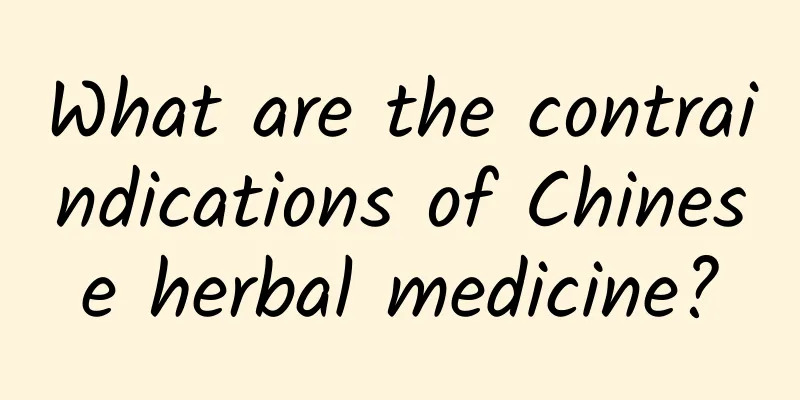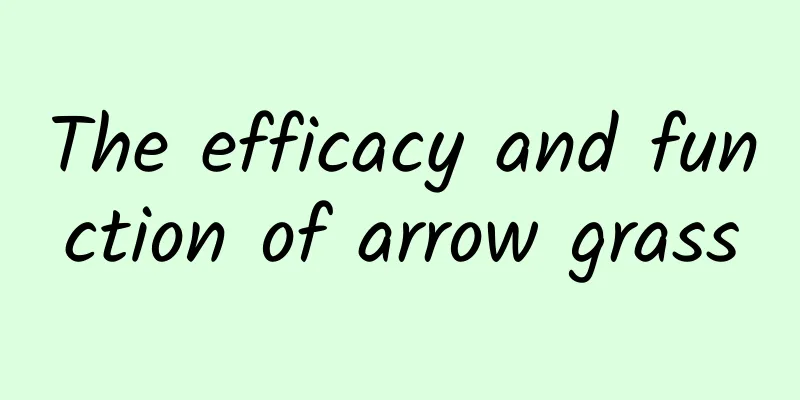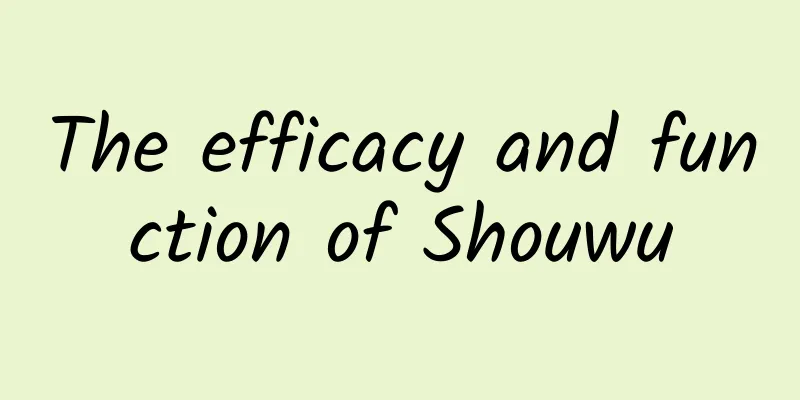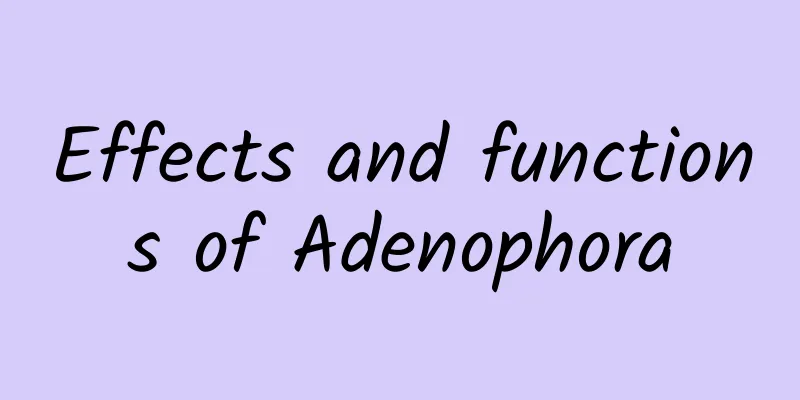What are the contraindications of Chinese herbal medicine?

|
As the pressure of life increases, many people are busy all day long, and their health is also in danger. Many people began to use traditional Chinese medicine for health care, and the Chinese herbal medicine market has become extremely hot. But many people know that the combination of Chinese herbal medicines requires careful considerations. As a medicinal material, if it is not used properly, it will not only fail to help patients eliminate pain and strengthen their bodies, but also pose a risk of harming the body or even life. Now I will give you a detailed introduction to the contraindications of Chinese herbal medicine compatibility. Contraindications: Mainly the 18 anti-reactions: (1) Licorice is anti-reaction to Gelsemium elegans, Euphorbia dahurica, Dahurian genkwa, and Sargassum. (2) Aconitum is incompatible with Fritillaria, Pinellia, Trichosanthes, Bletilla striata, and Bletilla striata. (3) Veratrum is antagonistic to ginseng, Codonopsis pilosula, Pseudostellaria heterophylla, Adenophora scutellaria, Salvia miltiorrhiza, Scrophularia ningpoensis, Sophora flavescens, Asarum, and Paeonia lactiflora. The so-called "counter" means that the combined use of these drugs can reduce the original efficacy or produce toxicity. Contraindications: Pay attention to the season when taking medicine: in hot seasons, use less hot medicines; in cold seasons, use cold medicines with caution; in hot seasons, the dosage of diaphoretic medicines should be light; in cold seasons, the dosage of diaphoretic medicines should be slightly heavier. People who need to pay attention to medication: People with strong constitution or young and middle-aged people can tolerate stronger drugs, but the elderly and weak people have difficulty in tolerating them. Women should not overuse cold, blood-breaking or laxative drugs during menstruation; they should not overuse blood-breaking, qi-breaking or strong laxative drugs during pregnancy. Contraindications for medication during pregnancy: (1) Do not use drugs with strong toxicity or medicinal properties, such as leeches, horseflies, morning glory seeds, euphorbia, pokeweed, daphne, musk, trillium, and turmeric. (2) Use with caution medicines such as peach kernel, safflower, rhubarb, schizonepeta tenuifolia, aconite root, dried ginger, cinnamon bark, and winter melon seed that have the effects of breaking up qi, breaking up blood, slippery movements, and settling. Contraindications: During the medication period, you should generally avoid eating raw, cold, sticky, indigestible and irritating foods. For example, if you have heat syndrome, you should avoid spicy and greasy food; if you have cold syndrome, you should avoid raw and cold food; if you have skin disease, you should avoid fish and shrimp. Precautions for decoction: Decoction first: The following medicines need to be decocted first: magnetite, hematite, raw dragon bone, raw oyster, stone cassia, mother of pearl, dragon tooth, raw gypsum, cold water stone, raw iron, tortoise shell, and turtle shell. Last added: The following medicines are generally added last: mint, perilla leaf, patchouli, elsholtzia, capillaris, artemisia annua, Uncaria rhubarb, white cardamom seed, amomum villosum, sandalwood, and agarwood. Decoction: The following medicines need to be decocted: Plantago seed, Inula flower, Indigo naturalis, Talcum, Clam powder, Puffball, Pollen Typha, Lygodium japonica, Red ochre, and Hearth soil. Decoction separately: The following medicines need to be decocted separately: ginseng, deer antler. Melting: The following medicines need to be melted: donkey-hide gelatin, deer antler glue, tortoise shell glue, and maltose. Take with water: The following medicines need to be taken with water: cinnabar, amber, bezoar, musk, Glauber's salt, Yuanming powder, rhinoceros horn powder, antelope horn powder, Panax notoginseng powder, agarwood powder, thunder ball, herb frost, bamboo juice, and ginger juice. Soak and take: The following single medicines can be soaked and taken: cinnamon, senna leaves, saffron, sterculia lychnophora, ophiopogon japonicus, wolfberry, lotus seed core, chrysanthemum, etc. Decoction time Do not open the lid frequently when decocting medicine to minimize the loss of volatile components. Generally, the decoction time of antipyretic drugs should be short, and boiling for 10 minutes is sufficient. Generally, the decocting time of tonic medicine should be long. After boiling, simmer for about 30 minutes to 2 hours. One dose of medicine can be decocted 2-3 times, each time making 200-300 ml of liquid medicine. When treating febrile diseases, more liquid medicine can be used. The above is what I introduced to you about the contraindications of Chinese herbal medicine compatibility. If you like to prepare the medicine by yourself, you must pay more attention or ask relevant medical personnel to avoid errors in compatibility. In addition, the effect of Chinese herbal medicine is very slow, so everyone must persevere. At the same time, you should adjust the dosage according to your own body and choose appropriate medicinal materials according to your own constitution. |
<<: Is it okay to take Chinese medicine half an hour after a meal?
Recommend
The efficacy of snake grass water
Houttuynia cordata is a natural woody plant with ...
Olive root wine benefits and effects
People who eat olives for the first time may disl...
Students can't eat snacks? The more nutrition you have, the taller you grow? Explain 8 misconceptions about student nutrition
Are foods labeled "children's food"...
Are whiter teeth better? It turns out that healthy teeth are this color
Yu Ziyue, an intern reporter at Science Times Man...
Sapodilla? It sounds scary. Do you dare to eat it?
The name of the sapodilla may sound a bit scary, ...
What are the effects of the leaves and roots of the iron ore
Sorrel is a perennial herb that usually grows to ...
Why can’t I listen to music and chat at the same time? Is it because I’m stupid?
Audit expert: Yin Tielun Deputy Chief Physician, ...
What are the effects and functions of elephant fritillary
Elephant Fritillaria is actually what many people...
I feel the same as the astronauts, sharing this with you on your first day at work!
With the gentle autumn breeze, we ushered in a br...
This old friend was born in the polar day and I meet him every winter.
Many years later, in the winter, facing the whoop...
How many of those fever rumors have you fallen for?
This is the 3587th article of Da Yi Xiao Hu In wi...
Grain Rain is coming: the last solar term of spring, what is its connection with rainfall?
Before we know it, the Grain Rain solar term is a...
What are the effects of black wolfberry?
Only when we have a healthy body can we enjoy lif...









